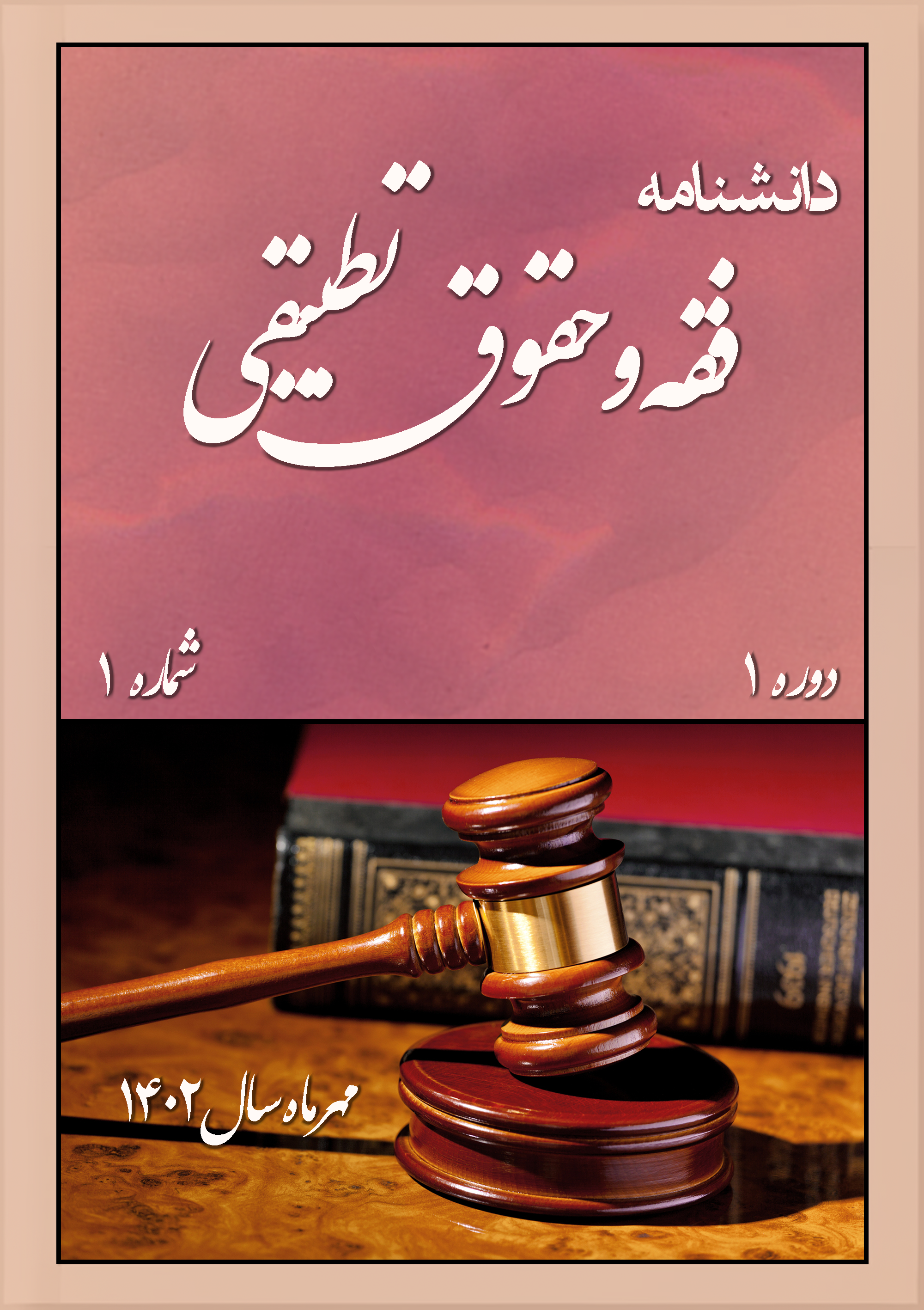The Role of Islamic Laws in Promoting Social Justice Based on the Views of John Rawls and Ayatollah Motahhari
Keywords:
Social Justice, John Rawls, Ayatollah Motahhari, Islamic Laws, Social Inequalities, Social WelfareAbstract
This article provides a comparative analysis of the role of Islamic laws in promoting social justice based on the views of John Rawls and Ayatollah Motahhari. Initially, the concepts and theoretical foundations of social justice, along with the differences and similarities between the perspectives of Rawls and Motahhari, are examined. Subsequently, the role of Islamic laws in reducing social inequalities, ensuring social welfare, and strategies to strengthen this role are analyzed. The findings indicate that both perspectives emphasize the importance of social justice but utilize different foundations and methods to achieve it. Rawls defines justice through the principles of equal liberties and the difference principle, while Motahhari elucidates social justice by emphasizing religious principles such as monotheism, human dignity, and fairness. Furthermore, the role of Islamic financial tools such as zakat, khums, and charity in reducing economic inequalities and ensuring social welfare is highlighted. This research, as an initial step in the comparative analysis of Rawls and Motahhari's theories and the role of Islamic laws in promoting social justice, can pave the way for more detailed future studies in this field and contribute to the development of theoretical and practical foundations of social justice in Islamic societies.










